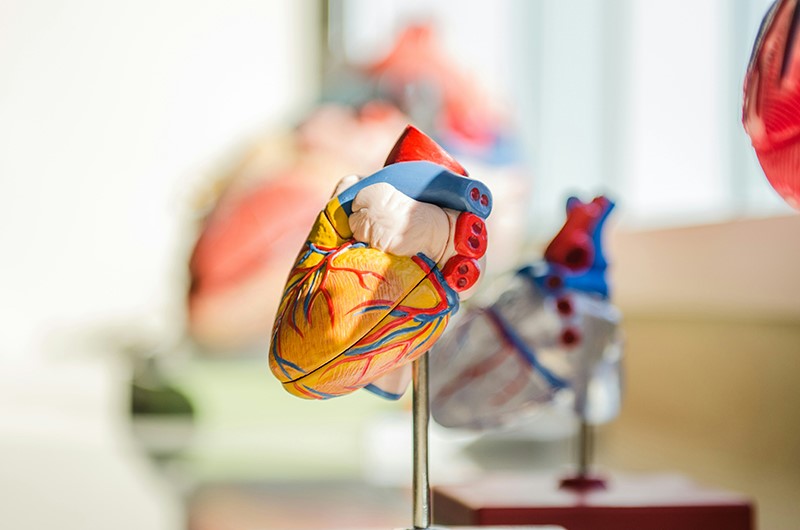Young at heart is more than a sweet phrase encouraging you to maintain a youthful outlook. Your heart is one of the most important organs in your body, and keeping it healthy is vital to living a long and active life. While you shouldn’t be afraid of what happens as you age, it’s helpful to understand how your heart changes with time.
Your Heart Changes as You Get Older
Aging is a central part of life, and age does have an impact on your heart. The heart is a muscle that moves your blood, sending oxygen to all body parts. As you age, you can develop fatty deposits and fibrous tissues in and around your heart. The valves that control blood flow can also become stiff with age. Your arteries may thicken and become less elastic, especially if you don’t exercise regularly. These changes can impact your heart rate and blood pressure.
Know About These Heart Risks
Knowing what’s happening to your heart in real-time as you age is challenging. Learning about heart health-related risks can help you identify medical issues that need attention. Three common cardiovascular diseases related to the heart are:
- Atherosclerosis – plaque build-up in your arteries that slows down blood flow
- Angina – pain and tightness in the chest; may be an early symptom of heart disease
- Heart failure – your heart cannot pump blood properly; it can develop over time
Heart-related diseases may have similar symptoms. If you have any concerns about your heart or have noticed recent changes such as less ability to exercise or heart palpitations, see your doctor as soon as possible.

Keep Your Heart Healthy After 50
Adults over 50 have a higher risk of developing cardiovascular diseases, so it’s crucial to focus on your cardiovascular health. Exercise is The most effective way to maintain a healthy heart. Being active daily will keep your heart’s muscles healthy.
What you eat and drink also plays a part in heart health. Tobacco and alcohol can have negative impacts, so minimize or eliminate them as you get into your later years. Stick to a diet of whole foods and keep your vegetable and fruit intake high to give your body the nutrients it needs.
Understand When To See a Doctor
Because the heart is vital to your overall health, it’s reasonable to feel concerned about it. If you know that your family has a history of heart disease or other cardiovascular illnesses, discuss this with your doctor as early as possible.
If you experience a sudden onset or uptick in the following symptoms, head to the doctor immediately. Watch out for:
- Sudden shortness of breath
- Dizziness and falling over
- Pain in your chest on the left side
- Irregular heartbeats
The signs of a heart attack can differ for women and can include nausea, body aches, sweating, heartburn, and indigestion.
Stay Active in a 55+ Community
If you feel like you’re missing out on the social life and activities of your younger years, moving to a 55+ community can make a difference. Schedule a visit today to experience the vibrant lifestyle of active older adults.




















